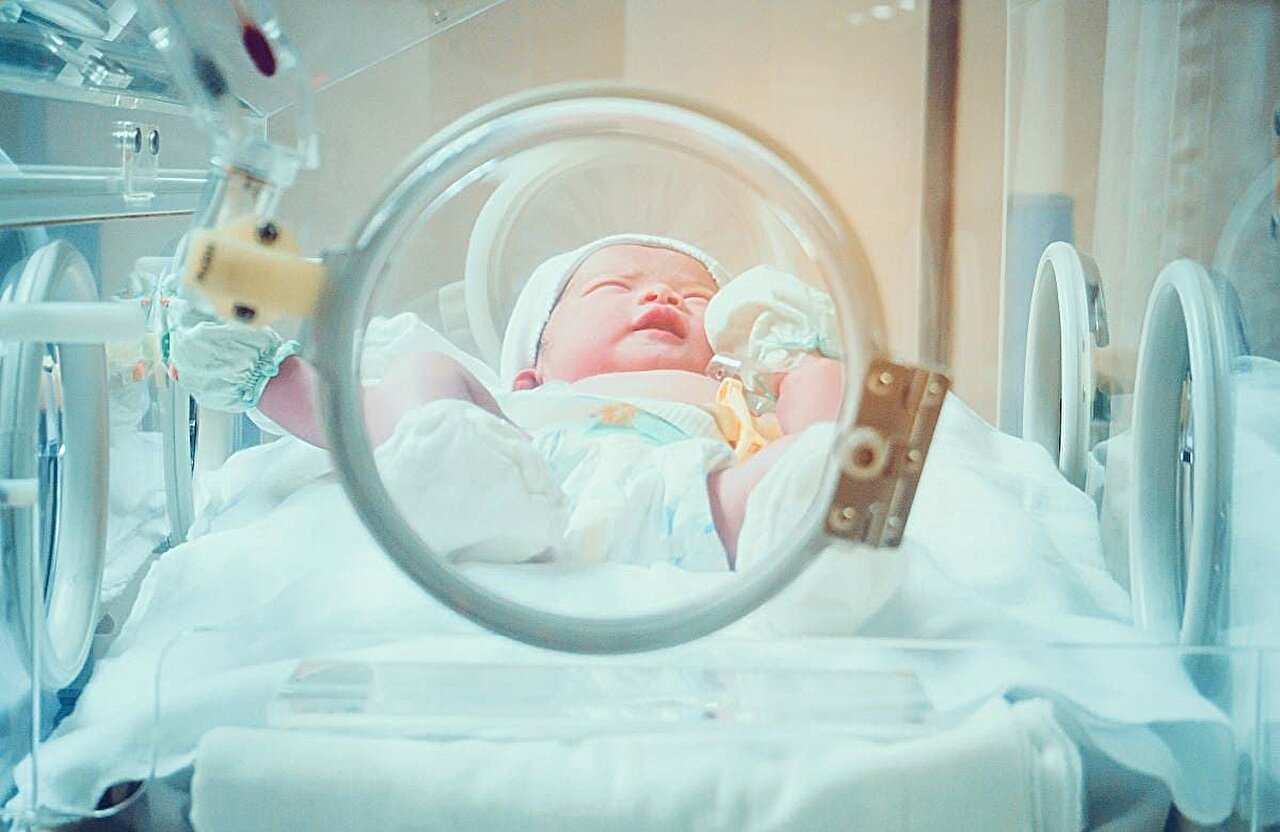
For infants born prematurely, survival increases considerably for those born at 25 versus 22 gestational weeks, according to a study published online Sept. 26 in Pediatrics.
Erika M. Edwards, Ph.D., M.P.H., from Vermont Oxford Network in Burlington, and colleagues examined survival to hospital discharge for infants born at 22 to 25 weeks of gestation at a hospital with a level 3 or 4 neonatal intensive care unit from 2020 to 2022.
The analyses included 22,953 infants at 636 U.S. hospitals. The researchers observed an increase in postnatal life support from 68.0 to 99.8 percent at 22 and 25 weeks, respectively. From 2020 to 2022, there was an increase seen in the proportion of infants born at 22 weeks receiving postnatal life support, from 61.6 to 73.7 percent. Survival for all infants varied from 24.9 to 82.0 percent at 22 and 25 weeks, respectively.
Among infants receiving postnatal life support, survival varied from 35.4 to 82.0 percent at 22 and 25 weeks, respectively, while the corresponding survival without severe complications varied from 6.3 to 43.2 percent. The median length of stay varied from 160 to 110 days at 22 and 25 weeks, respectively. Among survivors, the rates of technology dependence at discharge home were higher for infants born at 22 weeks than those born at later gestational ages.
“These contemporary data should help providers and families who are making decisions about the management of infants born at 22 to 25 weeks’ gestation,” the authors write.
More information:
Erika M. Edwards et al, Survival of Infants Born at 22 to 25 Weeks’ Gestation Receiving Care in the NICU: 2020–2022, Pediatrics (2024). DOI: 10.1542/peds.2024-065963
Copyright © 2024 HealthDay. All rights reserved.
Citation:
Large difference in survival seen for preemies born at 25 versus 22 weeks (2024, September 27)
retrieved 28 September 2024
from https://medicalxpress.com/news/2024-09-large-difference-survival-preemies-born.html
This document is subject to copyright. Apart from any fair dealing for the purpose of private study or research, no
part may be reproduced without the written permission. The content is provided for information purposes only.


